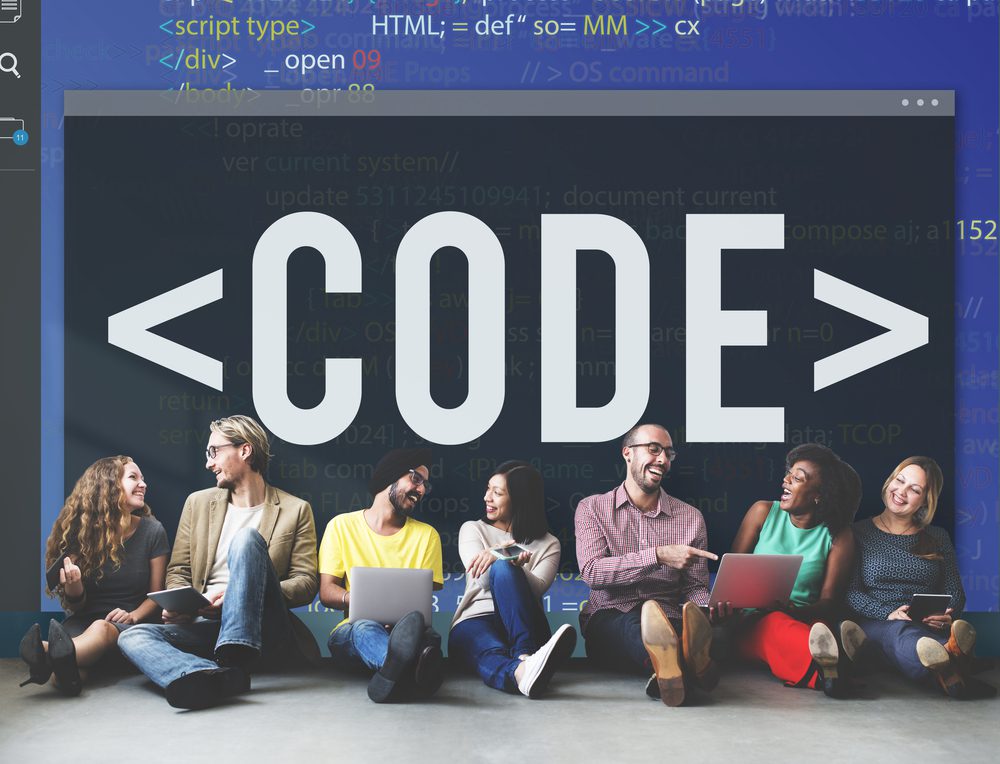DeepMind’s brand new system outperforms human programmers
AlphaCode successfully solved 34% of assigned problems

The world runs on software, it governs smartphones, nuclear weaponry, and automobile engines. However, there’s a global shortage of programmers. A recent study suggests that a new artificial intelligence (AI) system, AlphaCode, developed by the research lab DeepMind, a subsidiary of Alphabet, is taking humanity closer to automated programming.
AlphaCode has surpassed its predecessor, Codex, in the realm of AI code writing. Codex was released in 2021 by the nonprofit research lab OpenAI and used GPT-3, a large language model trained on digital books, Wikipedia articles and other internet text, to imitate and interpret human text.
In contrast, AlphaCode’s creators specifically focused on addressing these challenging problems. Similar to the Codex researchers, they started by feeding a large language model with many gigabytes of code from GitHub to familiarise it with coding syntax and conventions.
They also trained problem descriptions into code using thousands of problems collected from programming competitions. When presented with a new problem, AlphaCode generates potential code solutions in Python or C++ and eliminates the inadequate ones. Unlike other models, such as Codex, DeepMind had AlphaCode generate over 1 million.
AlphaCode selects only the top 1% of programmes that pass accompanying test cases for the problem. To further narrow the selection, it groups the remaining candidates based on the similarity of their outputs with invented inputs.
It then submits programmes from each group beginning with the largest till it finds a successful programme or reaches 10 submissions. According to a report from DeepMind, after their training AlphaCode successfully solved about 34% of assigned problems. In coding competitions, DeepMind’s AlphaCode outperformed 45.7% of participating programmers.









